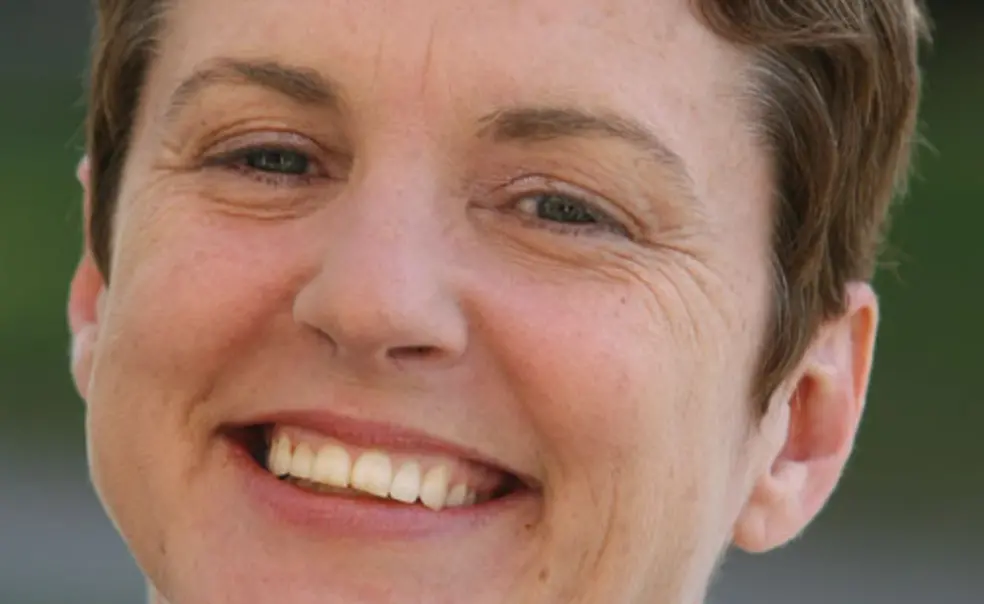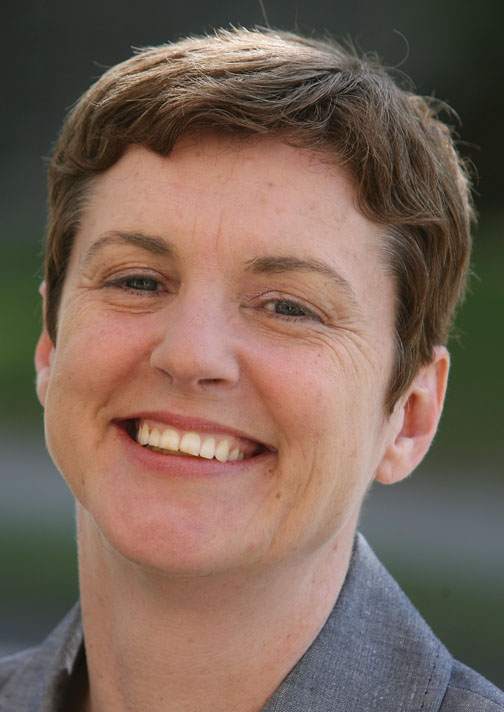Deirdre Moloney, on Princeton’s fellowship success
This has been a banner year for Princeton students seeking postgraduate scholarships and fellowships, according to Deirdre Moloney, the director of fellowship advising. Final results were not known by mid-April, but fellowship winners included three seniors and one 2011 graduate who were named Rhodes scholars (the most since 1990), five Marshall scholars, and five Gates Cambridge scholars. Moloney, who began her job in July 2010, discussed the University’s recent success and her efforts to increase student interest in these programs.
To what do you attribute Princeton’s recent success?
It is hard to pinpoint specific reasons for why we are doing well, but I think that a lot of the things that Princeton students are involved in make them strong candidates for fellowships — specifically, their leadership activities, the close relationships they develop with faculty, their original research work, and the global perspective many of them now have.
What efforts have you made to increase interest in these programs?
We have tried to build awareness by improving our electronic communications, not only through our office’s website, but through Facebook and other social-media outlets. We also are trying to reach out earlier, to freshmen and sophomores.
Princeton students usually aren’t shrinking violets. Does your office have to encourage them to apply?
Students often need to be encouraged to think that they might be good candidates. Sometimes it’s a faculty member who first raises it with them. Other times it is someone a student worked with outside of class — someone in, say, the Office of Religious Life or Outdoor Action. Many times, students I meet with say they never thought about applying for a fellowship. We can point out that they have the profile of a very strong candidate.
Princeton students earned more Marshall scholarships this year than any other university and had the second-highest number of Rhodes scholarships. Will we continue to do this well?
I would caution you that these things can be cyclical. While I am optimistic that we can continue to do well, we don’t make the final decisions on who receives these awards. What we will continue to do is create a very supportive climate for students who want to apply.
Three of this year’s Rhodes scholars are women. Have you made particular efforts to encourage more women to apply for these awards?
I have made sure that women also feel that they are excellent candidates for fellowships and scholarships. It was very helpful that the report of the Steering Committee on Undergraduate Women’s Leadership [released in March 2011] specifically recommended that we increase efforts to encourage women to apply for these awards. That created a lot of awareness, and many faculty have let me know about female students who might be good candidates.
Has competition for these scholarships increased?
Many more universities across the country have recognized that these programs provide a good experience that they should open up to their students. In some cases there are slightly fewer fellowships available than there were a decade or more ago, but more people are applying for them. So we are trying to get Princeton students to think about a broader range of fellowships that might be great opportunities for them. Luce scholarships [in Asia], for example, are a great opportunity. There are many new types of Fulbright scholarships as well. Students who wanted to go to medical school used to go straight from college; now they are being encouraged to take a few years off, and a Fulbright could offer them an excellent experience to do research or clinical work.
What benefits do students get from these programs?
They provide students with an excellent global experience and enable them to develop their own interests. They enable them to delve more deeply into something they found interesting as a junior or senior at Princeton. They also make them very attractive to graduate schools and employers.
— Interview conducted and condensed by Mark F. Bernstein ’83













No responses yet